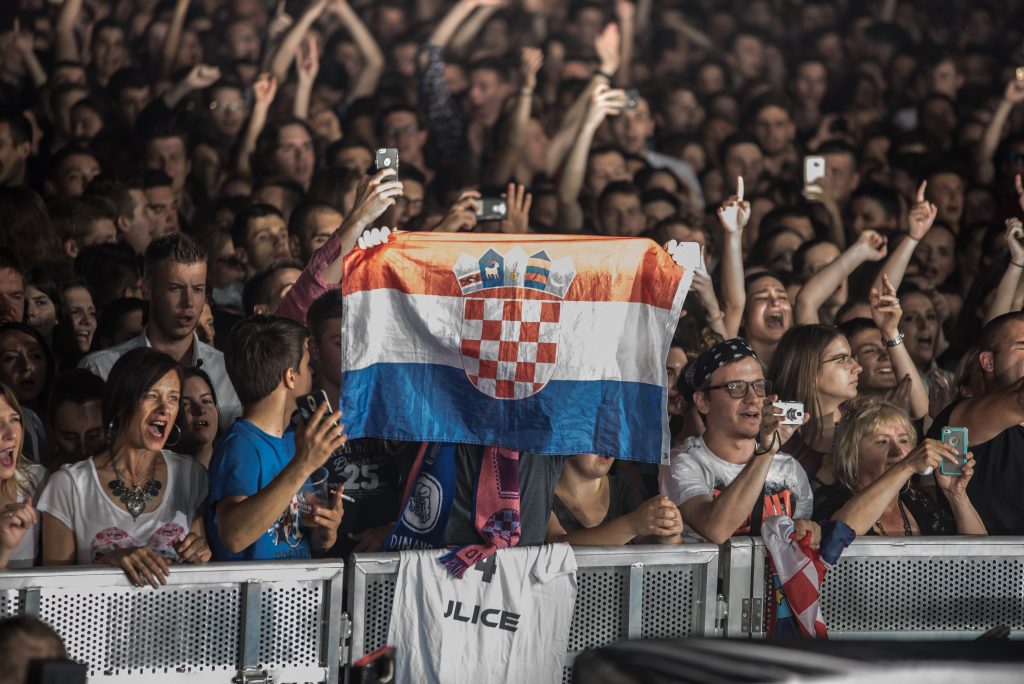November the 29th, 2023 – Croatia probably still doesn’t spring to the minds of most people when thinking about business and entrepreneurship. Over more recent years, however, with the tech scene booming – this little country has become known for far more than just sunshine and sea. Here are five innovative and talented Croatian entrepreneurs worth knowing about.
Damir Sabol

Damir Sabol realised the among the largest transactions to ever take place on the Croatian tech scene not so long ago – the sale of his remarkable Photomath app to no less than Google. Photomath is an extraordinary piece of Croatian-made artificial intelligence (AI) which trumps what the likes of ChatGPT and Bard can do – and that’s handle numbers well. Google noticed the value this Croatian app held as a rival to the ever-present and controversial ChatGPT and purchased it precisely because of that. Downloaded over 350 million times so far, Photomath recognises text, solves mathematical problems and then uses AI to interpret the results of the equation at hand. In selling Photomath to Google, Damir Sabol secured the future of all of the app’s employees, seeing them directly benefit from this impressive transaction and become co-owners of the startup themselves.
Photomath isn’t the only incredible achievement under Damir Sabol’s belt, however, despite being the one which carries the most monetary value. Of all Croatian entrepreneurs, it’s precisely Sabol who seems to have somewhat of a talent for turning water into wine, as it were, having founded one of the very first Croatian internet service providers – Iskon – as a mere college graduate. He later sold it to Croatian Telecom for just over 13 million euros. He’s also behind the name Microblink, a piece of computer vision tech which had a massive 60 million USD poured into it back in 2020.
Every business venture Sabol involves himself in seems to skyrocket, and it certainly seems that while this name isn’t quite as well known among Croatian entrepreneurs as it should be – Sabol was born under a lucky star.
Mate Rimac
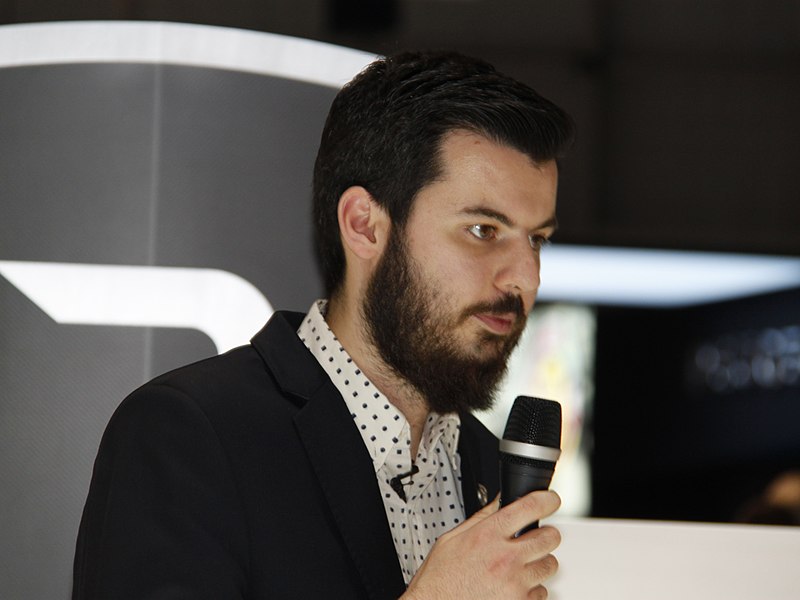
What can be said about the man described as Europe’s own Elon Musk that hasn’t been said before? Born in Livno in neighbouring Bosnia and Herzegovina, Rimac is a self-admitted lover of all things electric, and of course – of cars. The globally famous and highly respected Rimac Automobili grew from the very humble beginnings of a garage in 2009. Now employing over 1,000 people and having secured investments from the likes of Hyundai, the Camel Group, Porsche and more, Rimac has very firmly placed Croatia on the demanding automotive map. Without a doubt, as a country with zero automotive industry to speak of, Croatia would never have found itself on it in the modern day without Rimac’s dogged determination and seemingly endless ability to innovate.
Having signed a joint agreement with no less than Bugatti in 2021 to create a next generation hypercar company, Rimac has gone even further than realising the wild dream of creating the stunning Concept One hypercar in 2011, at the age of just 23.
Rimac has shown all would-be Croatian entrepreneurs that it is possible to succeed, and even beyond your imagination, if you remain determined and passionate. Croatia has improved over recent years, but it isn’t known for providing particularly fertile ground for entrepreneurship, and Rimac is known for having broken the mould.
Albert Gajšak
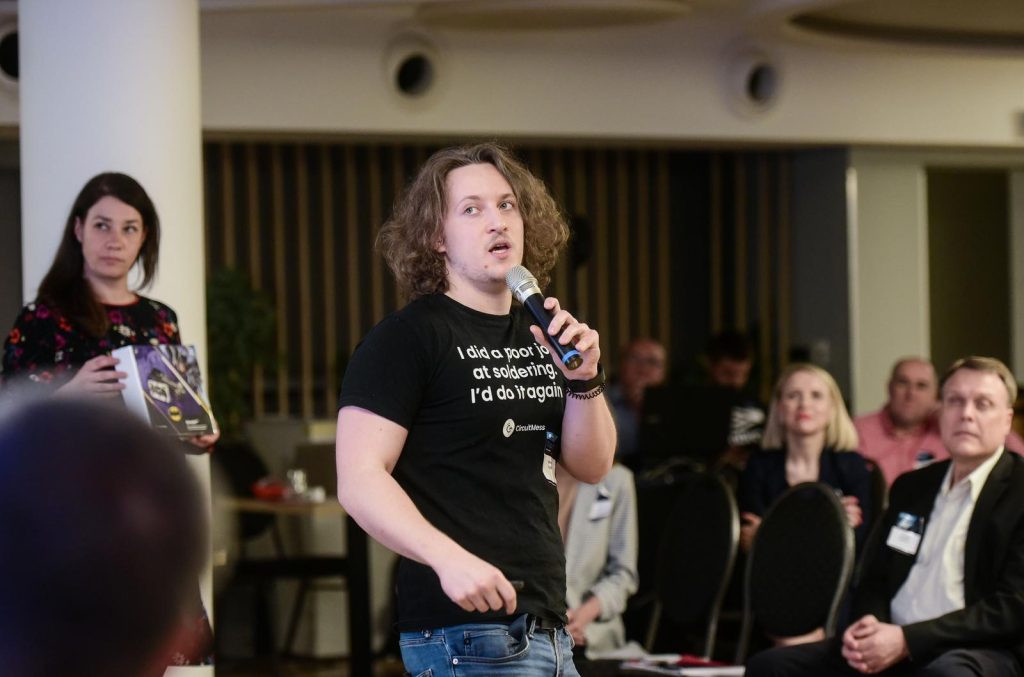
Gajšak is the image you might conjure up in your mind of a young, tirelessly curious lover of DIY and science. Slightly resembling a young Einstein, Gajšak wants to become the world’s top DIY electronics manufacturer, and so created his impressive enterprise, CircuitMess, in 2017. Kickstarter campaigns forced Gajsak and his ideas into the limelight, and clearly it worked to transform it into an internationally recognised company involved in the creation of STEM kits.
Now working with the likes of NASA and Warner Bros, Albert Gajšak’s company has its products on the shelves of the retail giant Walmart across the pond in the USA. It also now has an array of its interesting STEM products placed on Croatian and Slovenian shelves. Aimed at children at all stages of development, Gajšak’s aim is to encourage education and engaging challenges in things like encryption and tech as the labour market shifts and alters dramatically.
Silvio Kutić
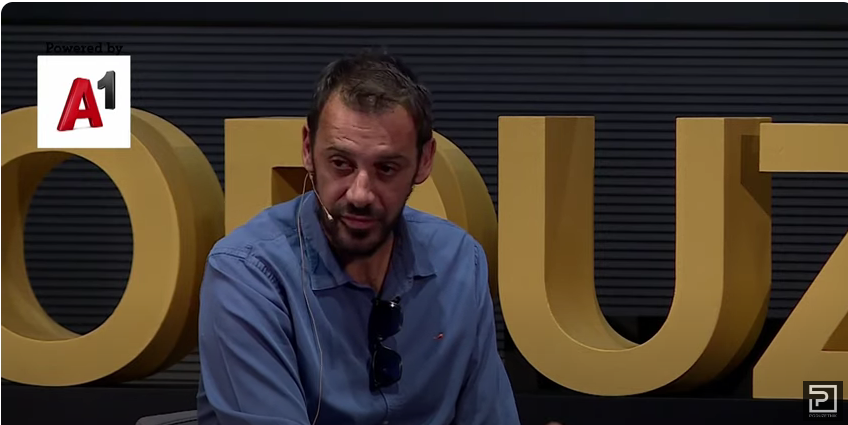
When you think of Istria, you probably don’t picture much except olive groves, ancient hilltop towns, truffles and maybe the odd goat or two. What likely doesn’t come to the forefront of your mind when picturing this sleepy, picturesque peninsula is tech, innovation, and billion dollar investments.
What happened in Pula back in 2006 is quite incredible, especially given the fact that Croatia was still years away from European Union membership, let alone Eurozone and Schengen accession. On top of that, not even Zagreb was known for its tech, or for a great deal at all on the international scene – let alone Istria. Silvio Kutić created the now globally known company Infobip in his hometown of Pula. It went from being a small domestic enterprise much like any other of the time, to being ranked among the world’s leading app-to-person SMS service providers. Dealing with modern solutions such as customer data platforms and chatbots, Infobip is now headquartered in the British capital among the shining (and very moneyed) stars of the European and global tech scene. It currently reaches in excess of 700 million mobile devices with its remarkable platform capable of sending 450 billion global interactions on an annual basis.
An eye-watering 1.8 billion USD investment took place back in 2014, which was something more or less unheard of for a technology company from Croatia of all places. Since that huge sum of cash was poured into Infobip, its global conquest and number of foreign acquisitions has never stopped.
Ivan Mrvoš
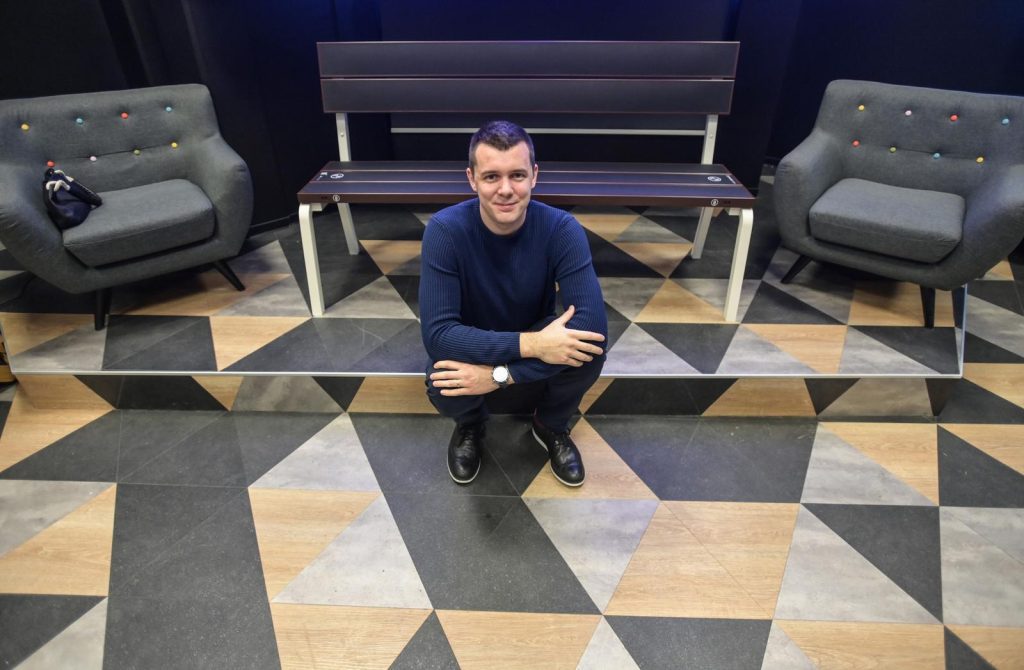
Mrvoš is one of those young, very promising Croatian entrepreneurs that can easily be compared to a younger Rimac. This entrepreneur created the company Include, which deals in above all – smart benches and smart street furniture. Currently present in a very impressive 58 countries, Include has put the spotlight on Croatian innovation and manufacturing, and shown that this little country absolutely can, and the most modern design is no issue at all for it.
Ivan Mrvoš worked hard to come up with an ultra-modern, charging table prototype intended for the hospitality industry, and that idea has since snowballed into a globally recognised company based not in Zagreb’s blossoming tech scene, but in Solin, not far from Split.
Include was “born” back in 2015, and the idea was to transform the type of public furniture we see everywhere – benches – into something more useful and that can be a source of sustainable energy. There’s nothing quite as irritating as realising you’ve got 5% left on your phone’s battery because of data draining it, or maybe just too much Candy Crush. Whenever one of Include’s Steora smart benches are in your vicinity, however, there’s no need to worry. Powered by solar energy, of which there’s no lack in Croatia at all, Mrvoš’ idea allows us to remain connected and charged at all times, even doubling up as a WiFi hotspot for the general public, accessible to anyone and everyone.
Having sold 27 such smart benches in the very first month since their creation, Mrvoš and Include have gone from strength to strength. Include has been involved in many Smart City initiatives which have taken the developed world by storm over recent years, and endorsements from Red Bull to Nokia have flooded in.
Include’s Steora smart bench was the very first serially produced smart bench on Earth, and they’re currently present in over 60 countries.

